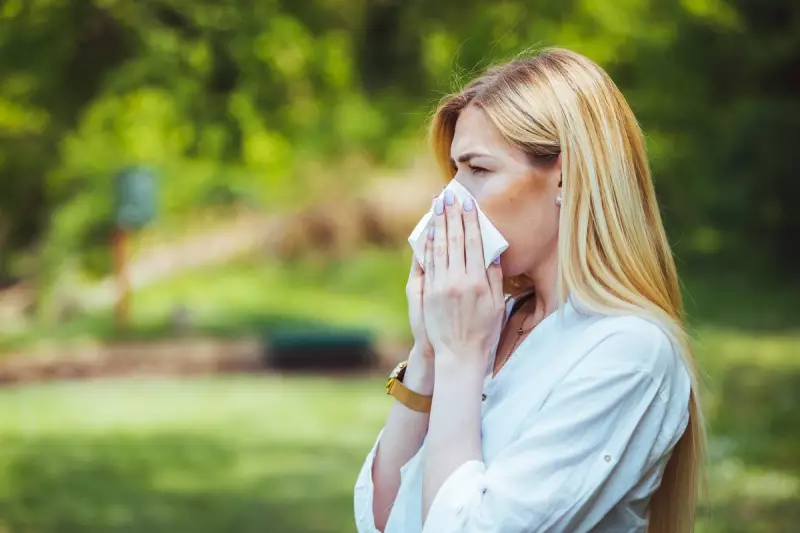
Seasonal allergies are becoming more intense and prolonged due to climate change, according to health experts. Rising global temperatures and increased carbon dioxide levels are extending pollen seasons, leaving millions of hay fever sufferers grappling with worsening symptoms.
Why Are Allergies Getting Worse?
Research indicates that warmer temperatures are causing plants to produce pollen earlier in the year and for longer durations. Additionally, higher CO2 levels stimulate plants to generate more pollen, exacerbating allergic reactions.
Key Findings:
- Pollen seasons in the UK have lengthened by up to three weeks compared to 30 years ago.
- Pollen counts are significantly higher, triggering stronger allergic responses.
- Urban areas experience heightened effects due to the 'urban heat island' phenomenon.
What Can Be Done?
Experts recommend:
- Monitoring local pollen forecasts and staying indoors when counts are high.
- Using air purifiers and keeping windows closed during peak pollen times.
- Consulting a GP for stronger medications if over-the-counter remedies fail.
With climate change accelerating, seasonal allergies may become an even greater public health concern in the coming years.






